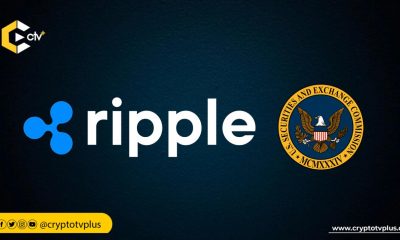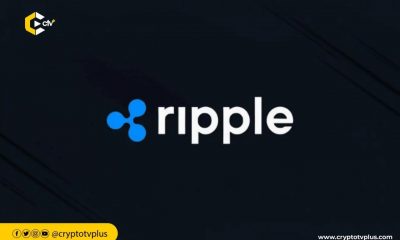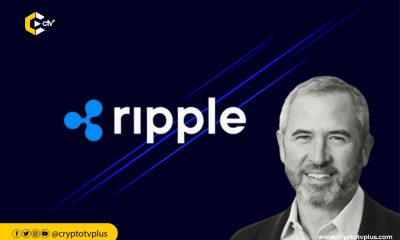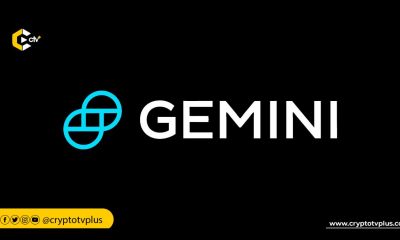News
Ripple receives full licensing for crypto services in Singapore
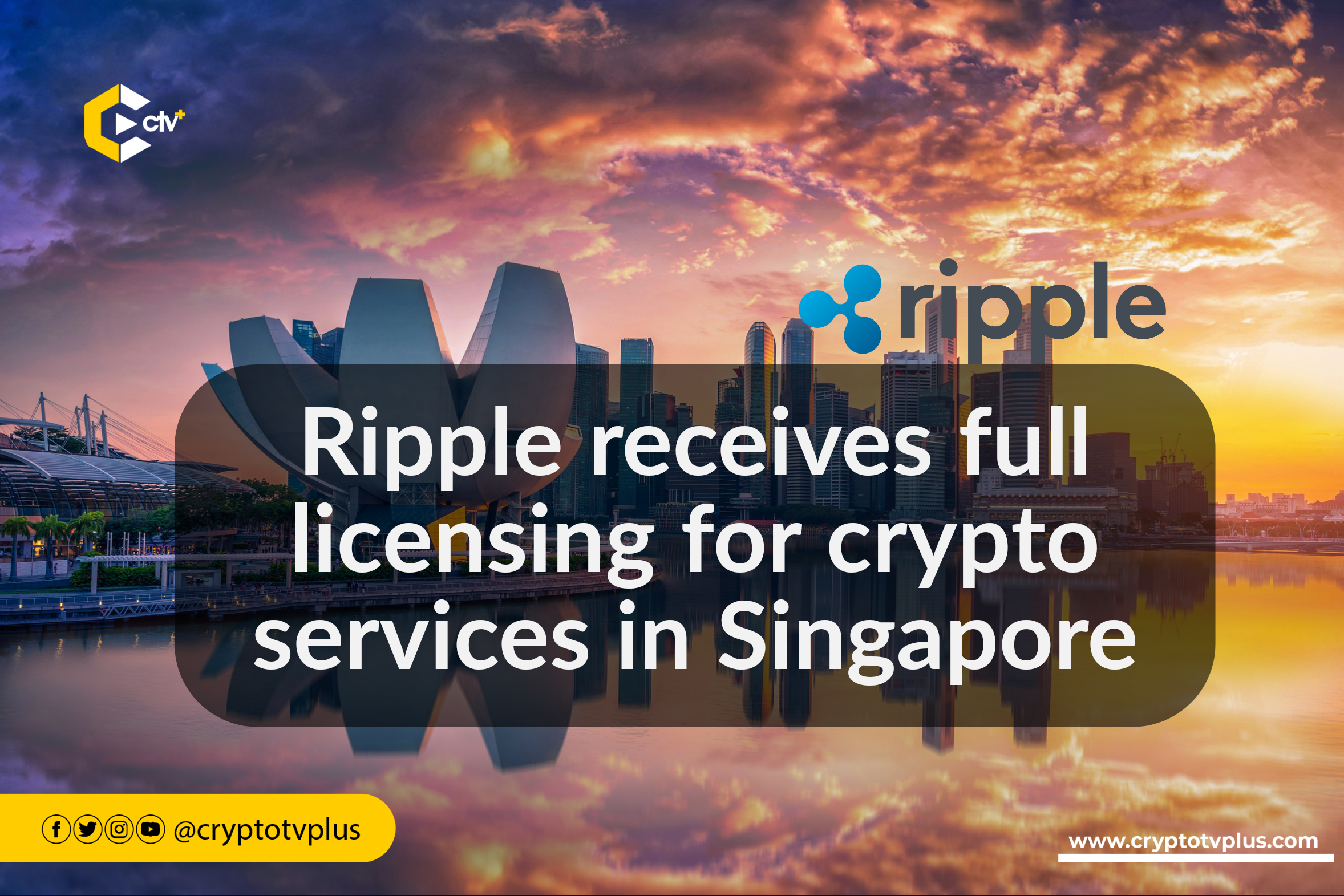
Ripple has officially received its Major Payments Institution (MPI) license from the Monetary Authority of Singapore (MAS).
This milestone empowers the blockchain company to drive broader adoption of digital assets, a key principle guiding its vision for businesses and financial institutions.
Ripple is a San Francisco-based technology company that develops the Ripple payment protocol and exchange network.
Ripple offers enterprise blockchain solutions for finance that are faster, more transparent, and more cost-effective than traditional financial services.
It was founded in 2012 as OpenCoin, a San Francisco-based company, by Ryan Fugger, who previously developed RipplePay.com.
The company was later renamed Ripple Labs, Inc. and is known for developing the Ripple payment protocol and exchange network.
It enables global financial institutions, businesses, governments, and developers to move, manage, and tokenize value, helping to unlock greater economic opportunity for everyone, everywhere.
Progress in Singapore
Ripple’s subsidiary in Singapore, Ripple Markets APAC Pte Ltd, secured the full MPI license after obtaining in-principle approval earlier this year.
The company’s commitment to regulatory compliance and innovation around its locations of operation has paid off, especially in Singapore.
Additionally, Singapore has shown it is ready to drive innovation in the field of financial services with a huge presence of crypto firms focused on creating new and diverse financial instruments for users around the world.
Brad Garlinghouse, CEO of Ripple, notes Singapore’s importance to their global business since 2017. He said that Ripple has expanded its team and plans to further grow in Singapore, praising the country’s leadership under MAS for fostering fintech and digital asset development with a focus on innovation, consumer protection, and responsible growth.
Ripple, SEC, and global expansion
However, there is still an unfinished case between Ripple and the SEC which started when the US authority accused Ripple of selling XRP, its native token, in an unregistered security offering.
The case was filed in 2020 and its outcome is expected to affect the cryptocurrency industry.
However, the company has shown with its actions that it is committed to expanding beyond the shores of the US.
This includes places such as Montenegro, Switzerland, and the UK. Additionally, in the second week of September, its CEO said that the common will carry out 80% of recruitment outside the US in 2023.
Read also; Enterprises bullish on NFTs; CBDCs, and stablecoins by 2026: Ripple



